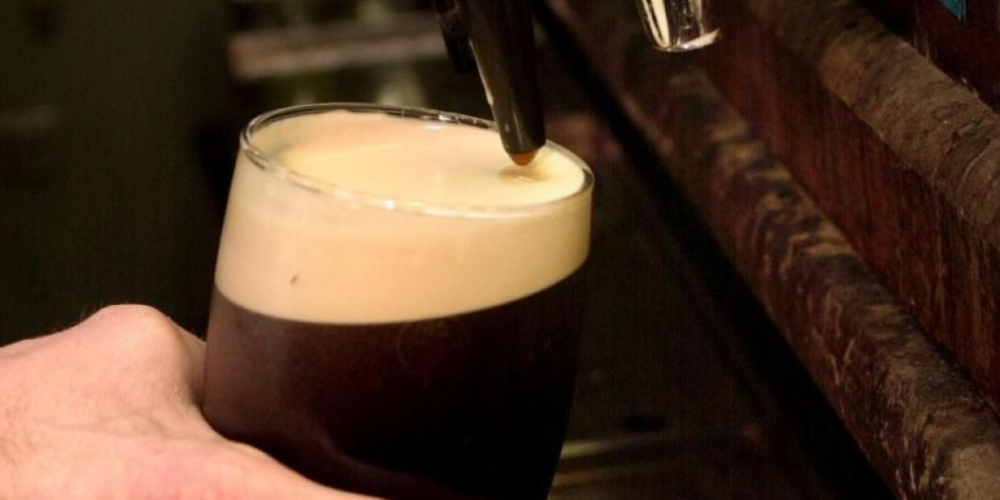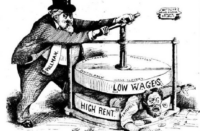We have become accustomed in recent years to manipulative language, such as the absurd euphemisms intended to inflate the prestige of really quite ordinary people and things but especially to disguise more unpleasant ones, such as “law enforcement” (police) and “correctional facility” (prison).
Some of this kind of thing has crept into Ireland lately, such as “revenue compliance officer”—i.e. ticket inspector! Previously laughed at, they are now applied everywhere, and seemingly with a straight face.
But one stands out, not merely for its stupidity but for its offensiveness. And yet almost everyone seems to have swallowed it, without a murmur.
“Hospitality” is an honourable word for an honourable practice, long regarded as a particular characteristic of Irish people and one of which they are (or at least were) inordinately proud. Within an amazingly short time this honourable term has been stolen and applied to publicans, hotel-keepers, and others who “fumble in a greasy till.” It has been swallowed wholesale by politicians, the compliant media (of course), and even by trade unions.
One of the objects of the poisonous ideology of Reaganism and Thatcherism was to destroy social cohesion and replace it with the view that all human relations are commercial transactions. Everything has a price, nothing is to be done for neighbours because they are neighbours, everything is to be bought and sold.
Hospitality means offering refreshment, accommodation or assistance to your friends and also to strangers, especially any who are in difficulty. It’s unthinkable that the recipient of your hospitality should offer payment, or that you would accept it.
Publicans are publicans. Hotel-owners are hotel-owners. The tourist trade is the tourist trade. None of these are engaged in offering hospitality but in making money.
The manipulation of language is part of the psychological warfare waged by capitalism against society. But it can be resisted.






